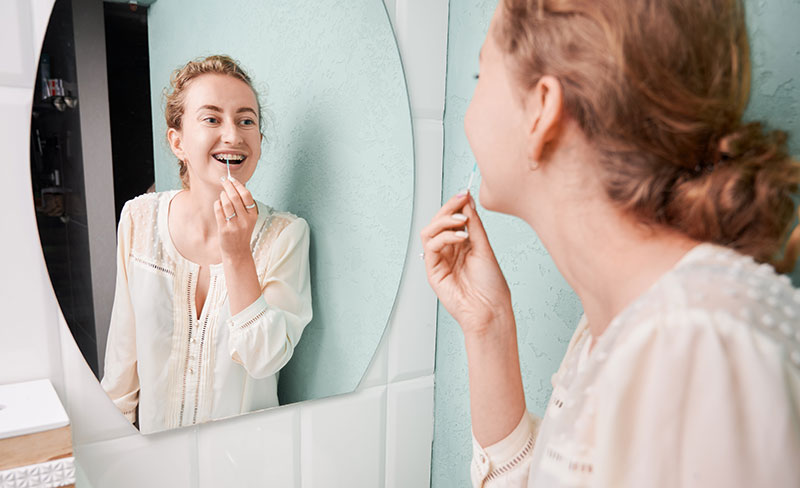
It can take a little extra time to clean your teeth and gums when you have braces. Plaque forms on your teeth, braces, and appliances if you do not remove food particles after you eat. This can lead to bad-breath, tooth decay, and gum disease. Modifying your diet is also important, as sugary drinks and foods can damage the tooth surfaces and gum tissue. The extra effort you put in to keep your mouth clean and healthy is worth it, because it will reduce discomfort, prevent white spots or decay from forming on the teeth under and around the braces and appliances, and ensure you have the best possible outcome!
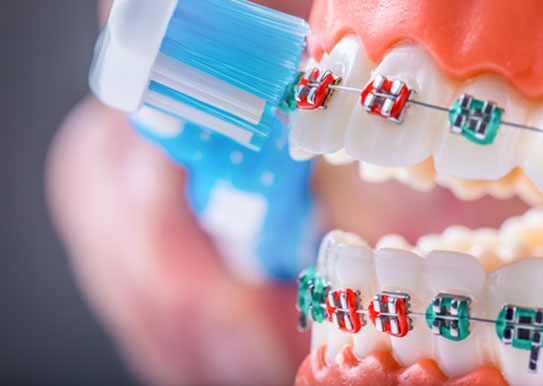
It can take a little extra time to clean your teeth and gums when you have braces. Plaque forms on your teeth, braces, and appliances if you do not remove food particles after you eat, which leads to bad-breath, tooth decay, and gum disease. Modifying your diet is also important as sugary drinks and foods can damage the tooth surfaces and gum tissue. The extra effort you put in to keep your mouth clean and healthy is worth it, because it will reduce discomfort, prevent white spots or decay from forming on the teeth under and around the braces and appliances, and ensure you have the best possible outcome!
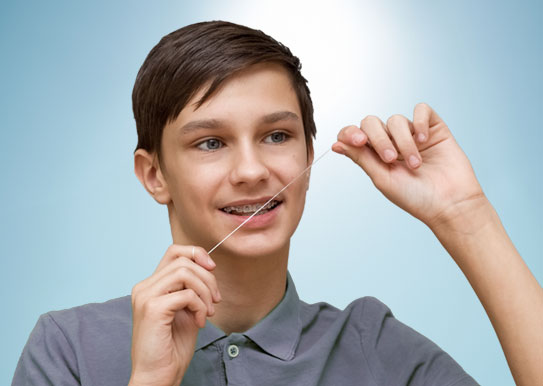
The best time to floss is after brushing your teeth before bed, to remove any plaque you may have missed. Flossing is more difficult with braces, but it is also much more important. We suggest using SuperFloss when you have braces, as this floss has a stiff end to thread underneath the wires. Discover how to use SuperFloss and learn more about other practical tools for cleaning teeth with braces by clicking each item below.
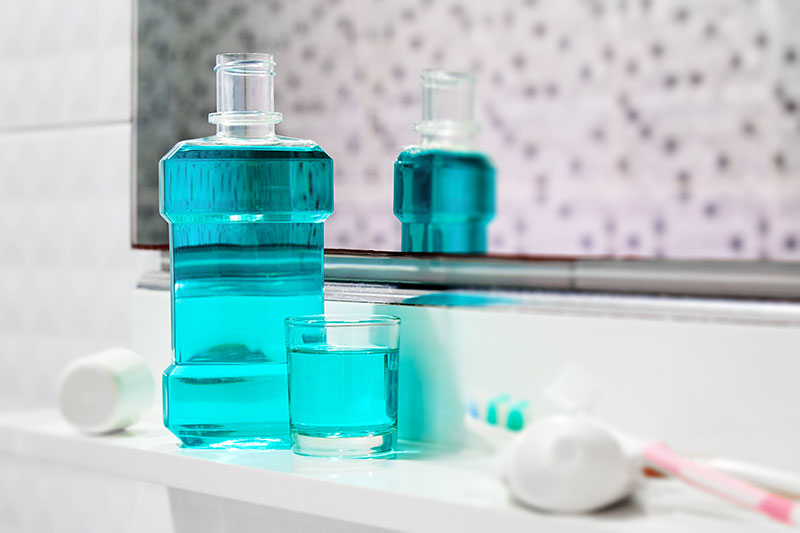
Fluoride is an antibacterial agent which also strengthens any tooth enamel that has been exposed to bacterial acids. We recommend that all our patients use over-the-counter fluoride toothpaste and rinses (like ACT). If plaque removal proves to be more difficult, we can prescribe a toothpaste and/or rinse with a higher concentration of fluoride. Swish with fluoride rinse for at least one minute at bedtime. Do not drink or eat for at least 30 minutes after using the rinse. Fluoride rinses alone are not a substitute for using toothpaste.
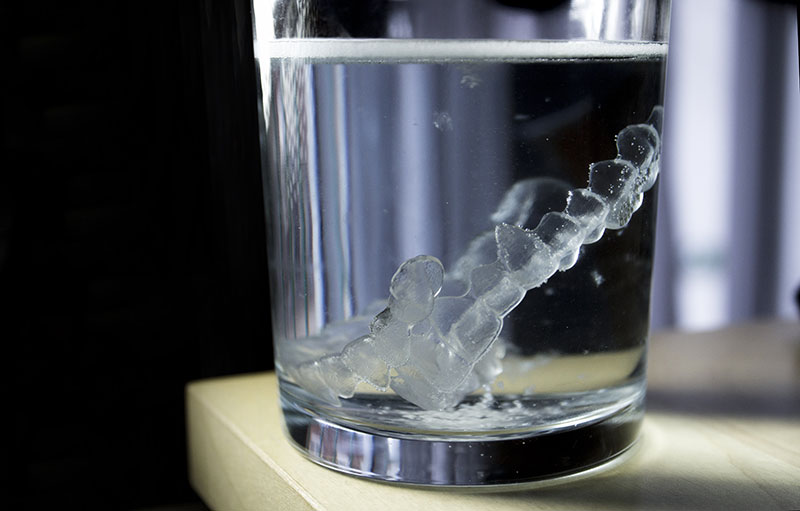
Just like your teeth, orthodontic appliances tend to accumulate food particles and plaque. Every time you brush your teeth, make sure to brush all the fixed devices in your mouth and any removable appliances you may have. It’s good to soak your removable appliances once a week in a glass of room temperature tap water with a denture-cleaning tablet such as Polident or Efferdent. This will help prevent plaque buildup and oral infections, while also keeping your appliance from developing a foul taste or smell.
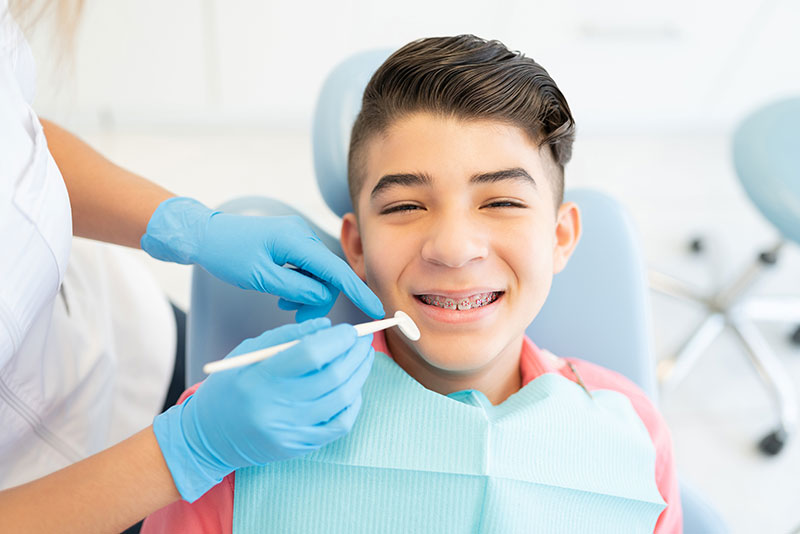
Although you are having your braces checked regularly, it is very important to continue to see your family dentist at least every 6 months for a thorough examination and cleaning of your teeth. If you experience difficulty with good oral hygiene, you may need to see your dentist more frequently.